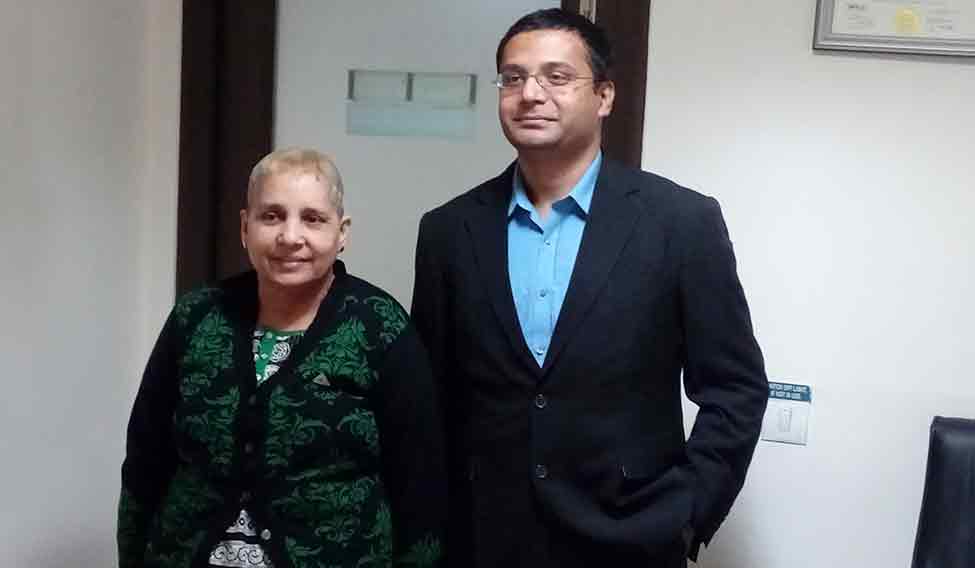On January 14, Sashikala Shukla, a 55-year-old single mother of three from Serampore, West Bengal, successfully underwent a pioneering deep brain stimulation surgery to treat Parkinson's disease, using a rechargeable brain pacemaker, at Apollo Gleneagles Hospitals, Kolkata.
The rechargeable pacemaker used for the surgery is the smallest and lightest among its counterparts and also has the longest lifespan. It significantly reduces the cost involved in frequently replacing non-rechargeable brain-pacemakers. This is the first such implant, using the rechargeable brain pacemaker, in eastern India.
Shukla was suffering from severe rigidity and bradykinesia (slowness of movement) for many years. She initially responded to oral medication but, in the past few years, the medication began losing its effect and she started showing dyskinesias (impairment of voluntary movement) as a side effect of the increased dosage of medication. Shukla had limited mobility and was mostly confined to bed. This was when she was referred to Dr Anirban Deep Banerjee, senior consultant neurosurgeon at Apollo Gleneagles, who recommended a deep brain stimulation for advanced Parkinson's disease.
A stereotactic brain CT/MR fusion was done to locate the bilateral sub-thalamic nucleus; intra-operative micro-electrode recordings and stimulation were done to ensure the best trajectory for chronic stimulation. Shukla was eventually implanted with the rechargeable constant current-based brain pacemaker (deep brain stimulation) system.
“Considerable improvement in patient’s symptoms was noted during this awake neurosurgical procedure,” said Banerjee.
Shukla’s brain pacemaker was then programmed and checked for best parameters. “At present, the patient is significantly mobile; she is doing all her activities independently. Medication dosage has also reduced considerably and so have the side effects,” said Banerjee.
“There is remarkable overall improvement in my daily activities and quality of life,” said Shukla. Her three sons are delighted to have their mother back.






